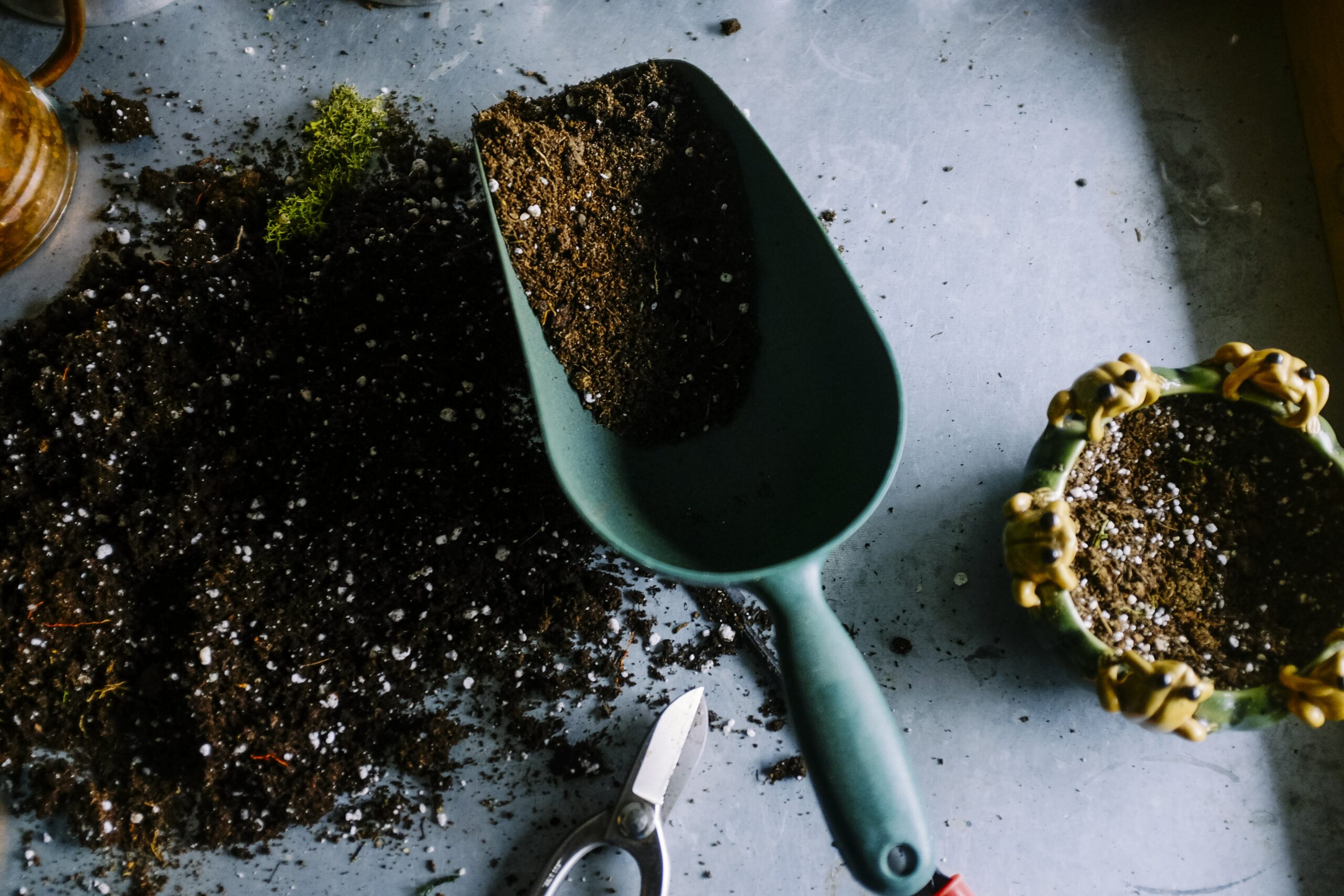Imagine stepping outside into a lush garden filled with vibrant flowers, buzzing bees, and the earthy scent of fresh soil. As you grab your gardening tools, you embark on a journey that not only nurtures plants but also nourishes your mental well-being. engaging in gardening has been found to have numerous benefits for mental health. From reducing stress and anxiety to improving mood and boosting self-esteem, the therapeutic power of tending to plants is undeniable. In this article, we will explore how gardening can positively impact your mental health and provide you with a sense of fulfillment and tranquility. So grab your gloves and get ready to dig deeper into the world of gardening!

Stress Relief
Gardening offers a welcome opportunity to connect with nature and escape the hustle and bustle of everyday life. Spending time outdoors, surrounded by plants and greenery, has a soothing and calming effect on the mind and body. The beauty of nature has a way of slowing down our racing thoughts and providing a sense of tranquility. Whether it’s digging in the soil, planting seeds, or tending to your plants, gardening can be a meditative experience that allows you to focus on the present moment and let go of stress and worries.
In addition to the meditative and calming aspects, gardening also provides a form of physical exercise. Digging, raking, lifting bags of soil, and watering plants are all activities that engage your muscles and get your heart rate up. You may not even realize it, but gardening can be a surprisingly effective way to stay active and burn calories. The combination of physical exertion and being in nature releases endorphins, also known as “feel-good” hormones, which further enhance the stress-relieving benefits of gardening.
Improved Mood
One of the most immediate rewards of gardening is the sense of accomplishment it brings. Seeing your plants grow and thrive under your care can boost your self-esteem and provide a sense of pride. It’s a tangible reminder that you have the ability to nurture and create life.
Gardening has also been found to increase serotonin levels in the brain. Serotonin is a neurotransmitter that plays a key role in regulating mood, happiness, and overall mental well-being. By engaging in gardening, you can naturally boost your serotonin levels and experience an improved mood.
Furthermore, gardening has been shown to reduce symptoms of depression and anxiety. The act of gardening itself acts as a form of therapy, allowing individuals to focus their attention on nurturing and caring for plants, rather than dwelling on negative thoughts or worries. The combination of physical activity, connection with nature, and the sense of accomplishment all contribute to a positive shift in mood and a reduction in depressive and anxious symptoms.
Increased Social Interaction
Gardening can be a wonderful way to connect with others and build social relationships. Community gardens, for example, provide a space where people can come together, work side by side, and share their love for plants. It brings people from all walks of life together, creating a sense of community and belonging.
In addition to community gardens, there are often gardening clubs and workshops where enthusiasts can meet and learn from one another. These settings allow for shared experiences and knowledge exchange. Whether you’re a beginner seeking advice or an experienced gardener looking to share your expertise, these opportunities for social interaction can be incredibly rewarding. Gardening becomes a shared passion that brings people together, fostering friendships and a sense of belonging.
Sense of Responsibility
Taking care of plants requires nurturing and responsibility. When you become a gardener, you develop a sense of duty towards your plants. You’re responsible for providing them with the right amount of water, sunlight, and nutrients they need to thrive. This sense of responsibility can be incredibly empowering and rewarding.
Gardening also teaches patience and perseverance. Sowing seeds, waiting for them to sprout, and watching them grow takes time and dedication. It’s a lesson in delayed gratification and reminds us that good things come to those who wait. Gardening is a journey of learning from mistakes and adapting to different circumstances. It teaches us to be patient with ourselves and the process, and to keep pushing forward even in the face of setbacks.

Positive Distraction
In the fast-paced world we live in, it’s easy to become overwhelmed by an endless to-do list and constant demands on our attention. Gardening provides a much-needed escape from these stressors and allows us to focus on the present moment. When you’re in the garden, you’re not thinking about the pressures of work or the worries in your personal life. Instead, you’re fully engaged in the task at hand and immersed in the beauty of nature.
This distraction from everyday stressors can also enhance mental clarity. The act of gardening requires concentration and attention to detail, allowing your mind to shift away from negative thoughts or stress-inducing situations. It’s a form of mindfulness practice that brings you into the here and now, reducing anxiety and promoting a sense of calm.
Mindfulness Practice
Gardening is an activity that engages all of our senses. The vibrant colors of the flowers, the earthy smell of the soil, the sound of birds chirping in the background, the feel of the leaves in our hands – all of these sensory experiences contribute to a mindful state of being. When you’re fully present in the garden, you’re able to tune into your senses and appreciate the beauty that surrounds you.
In addition to engaging the senses, gardening promotes relaxation. The act of nurturing plants and tending to their needs can be a form of self-care. It allows you to slow down, focus on the task at hand, and create a peaceful environment around you. Being in nature and connecting with the earth has a grounding effect on our minds and bodies, helping us find inner peace and harmony.
Moreover, gardening fosters a sense of gratitude and appreciation. It’s a reminder of the beauty and abundance of the natural world, and a chance to express gratitude for the growth and life that unfolds before our eyes. Taking a moment to appreciate the small miracles of nature can shift our perspective and bring about a sense of joy and contentment.

Sense of Purpose
Gardening gives us a unique opportunity to create and nurture life. From planting seeds to watching them bloom, we become active participants in the cycle of life and growth. This sense of purpose can be incredibly fulfilling and satisfying. It reminds us that we are part of something greater than ourselves and that our actions can have a positive impact on the world around us.
Furthermore, gardening contributes to a sustainable environment. By growing our own food or cultivating plants that support local ecosystems, we play a part in reducing our carbon footprint and promoting biodiversity. The act of caring for plants becomes a way of giving back to the earth and ensuring a healthier planet for future generations.
Additionally, gardening provides opportunities to create beauty. Whether it’s through vibrant flower beds, well-tended lawns, or meticulously arranged potted plants, gardening allows us to express our creativity and bring beauty into our outdoor spaces. Creating a visually appealing garden not only enhances the aesthetic value of our surroundings, but also brings joy and satisfaction to ourselves and those who witness the beauty we’ve created.
Cognitive Stimulation
Engaging in gardening activities can have positive effects on our cognitive abilities. Studies have shown that gardening can improve memory and learning. The act of planning and organizing a garden requires mental effort, as you have to consider factors such as plant compatibility, sun exposure, and spacing. This cognitive stimulation helps keep our brain active and can contribute to improved memory function.
Furthermore, gardening involves problem-solving and decision-making skills. As a gardener, you may encounter challenges such as pest infestations or plant diseases. Finding effective solutions to these problems requires critical thinking and creativity. Over time, you develop a problem-solving mindset that can be applied to various aspects of life.
Additionally, gardening provides increased sensory stimulation. The variety of colors, textures, and smells present in a garden engage our senses and keep our brain stimulated. This sensory input is beneficial for our mental well-being and can enhance our overall cognitive function.
Healthy Sleep Patterns
Exposure to natural light plays a crucial role in regulating our circadian rhythm, also known as our body’s internal clock. Spending time in the garden exposes us to sunlight, which helps synchronize our sleep-wake cycle. When our circadian rhythm is in balance, we are more likely to experience healthier sleep patterns. Gardening provides an opportunity to soak up some vitamin D from the sun, which is also known to improve sleep quality.
In addition to natural light, gardening can reduce insomnia symptoms. Engaging in physical activity during the day promotes a deeper and more restful sleep at night. The exertion and energy spent while working in the garden can help tire the body and relax the mind, making it easier to fall asleep and stay asleep throughout the night.
Therapeutic Benefits
Gardening is a recognized form of horticultural therapy, which involves using plants and gardening activities to promote healing and well-being. Horticultural therapy has been shown to effectively reduce stress and promote relaxation. The act of tending to plants and being in nature has a soothing effect on the mind and body, helping to calm nerves and reduce anxiety.
Moreover, gardening has been found to improve self-esteem and confidence. Seeing the fruits of your labor and witnessing the growth and beauty of your garden can instill a sense of pride and accomplishment. Knowing that you have the ability to care for living things and create a thriving garden can boost your confidence and sense of self-worth.
In conclusion, gardening offers numerous benefits for mental health and well-being. From reducing stress and improving mood to fostering social interaction and promoting mindfulness, it’s clear that cultivating a garden can have a positive impact on our overall mental well-being. So grab a shovel, put on your gardening gloves, and get ready to reap the many rewards that gardening has to offer. Your mind and body will thank you for it!





